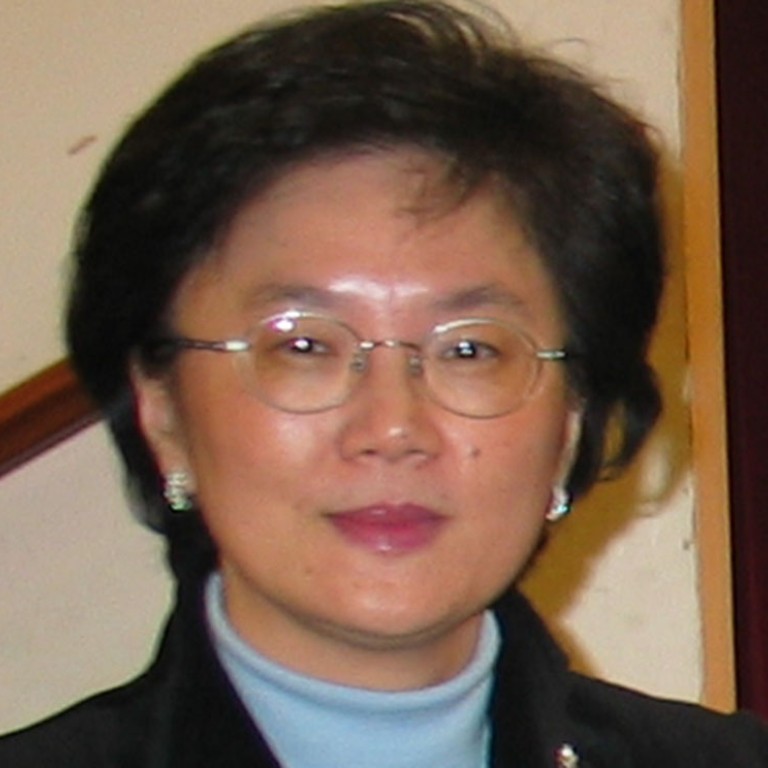
Hong Kong's women's rights body appears to have lost its way
When the UN General Assembly adopted the international treaty on discrimination against women in 1979, it was hailed as the bill of rights for women aimed at ending all acts of prejudice by persons, organisations or enterprise.
When the UN General Assembly adopted the international treaty on discrimination against women in 1979, it was hailed as the bill of rights for women aimed at ending all acts of prejudice by persons, organisations or enterprise.
In Hong Kong, a Women's Commission was set up in 2001 to advise the authorities on how to go about it. More than a decade later, rather than being known for its achievements, it finds itself in the headlines for not doing anything.
Former chief secretary Anson Chan Fang On-sang says the people running the commission have now been reduced to attending cocktail parties and receptions. Sounds like one of those dream jobs that exist in Hong Kong for people with the right connections.
The commission chairwoman, Stella Lau Kun Lai-kuen, has refuted such charges against it. The people involved are working quietly at the grass-roots level, she says, and along with other like-minded organisations achieving progress in areas such as after-school child care to help working mothers.
Some NGOs working on women's issues are also critical and someone associated with the commission was quoted as saying that, as with other government advisory bodies here, no one wants to rock the boat.
But whatever the bickering, it is doubtful how effective the commission is when it comes to making the concerned authorities act on events that would clearly fall within the scope of gender discrimination. One suspects not a lot. Otherwise local television channels such as TVB would think twice before airing programmes like , which follows the tale of seven women who are described as "have nots" because they lack money or looks.
The government is not turning a deaf ear to all their appeals, however. They were sympathetic to note the commission's lack of resources and raised their funding by 5 per cent last year. It is going to be raised by a healthy 17 per cent this financial year to almost HK$30 million.
While one can but feel grateful to the authorities for their benevolence, one hopes they might also create a permanent post to steer the commission, instead of burdening people to take it as a voluntary duty.

